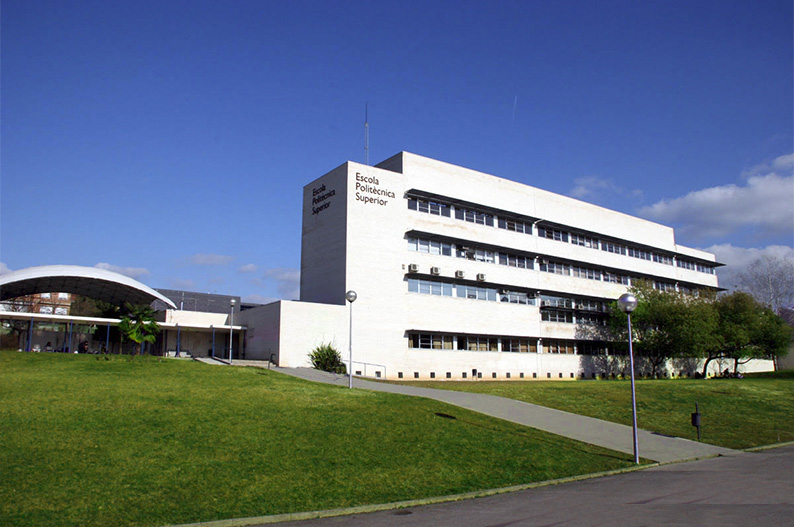Esta web utiliza cookies para que podamos ofrecerte la mejor experiencia de usuario posible. La información de las cookies se almacena en tu navegador y realiza funciones tales como reconocerte cuando vuelves a nuestra web o ayudar a nuestro equipo a comprender qué secciones de la web encuentras más interesantes y útiles.
SDG in learning and teaching for transition towards sustainability
Description
Institution
Organizations/areas of the university involved
Institute of the sciences of education and departments of: specific teaching, law, politics, economy, environmental sciences, biology and industrial engineering
Country
Spain
Reflect on the nostra docència, specifically in relation to the principles of sustainability and what aspects of the environmental, social and economic dimensions of the tractem i quins could incorporate. Fer an interdisciplinary treball that allows you to enlighten the perspectives of the special needs of the students and to approach the complexity and systemic vision of sustainability.To promote the inclusion of SDOs in the design of the subjects. Share the knowledge in relation to the practical principles, the theoretical approaches and the methodologies of the curriculum sustainability.To open a space for innovation, dissemination and posed on the value of individual treball and col lecture in order to inspire high professors to incorporate sustainability into their teaching. Design and impart training proposals to the PDI of the UdG involving the different social actors.
The 2030 agenda of UNESCO has become a priority for the institutions, which, like the UdG, prepare their plans to make it happen. Fortunately, the 2030 agenda is much more than that because the high level of precision of the 17 ODS and the proposals aimed at the educational system make it a route that allows us to take firm steps in the path of sustainability through its Incorporation into university teaching, always from an interdisciplinary perspective and from the transformation of institutions and society.
Work together to make good problems to put into practice as a partof the ABP methodology. Problems that have the look i Complementarity of our different disciplines. These problems will be put into practice within our subjects, we will collect information, which we will analyze and with which we want to make joint articles. In A second phase, we plan through an online platform, inviteto the community of students and professors of the UdG who want to jointo work to solve them. Obviously these problems will be focusing on those most important issues for today’s society.
Results and impact measured or expected
We hope to design and apply good problems (holistic, integrative and interdisciplinary) as a starting point for the application of the problem-based learning teaching methodology. We hope that this will contribute to improving the training of students in competences such as critical and systemic thinking, the ability to anticipate and be active in the transformation of society and that apply in terms of sustainability in their professional areas. We will conduct quantitative, qualitative and longitudinal studies to find out if these competences are reflected in their way of acting.

Connection with the SDG framework
We understand that the commitment of sustainability has three dimensions: social, environmental and economic, which is reprimanded in the 17 SDGs. From a holistic point of view, integrating and inter-disciplining all SDGs are related in all areas of study.
Barriers and follow up
The large number of students in each class group, our limitations of general culture and interdisciplinary teaching. Resistance to change in the use of teaching methodologies related to sustainability are the great barriers. We work to improve through the training of teachers in these subjects.
Education 4 SDG funciona gracias a WordPress
